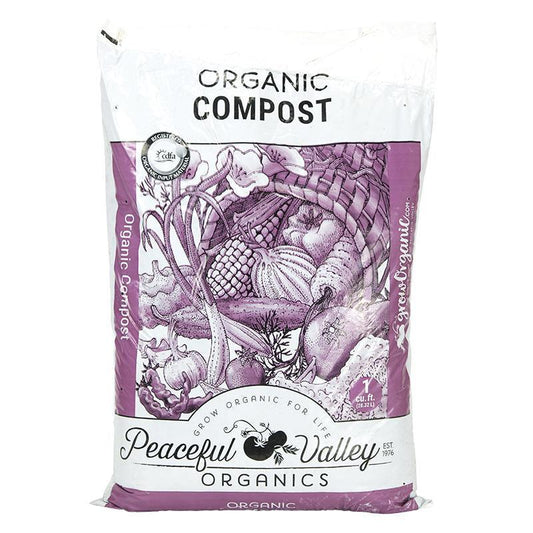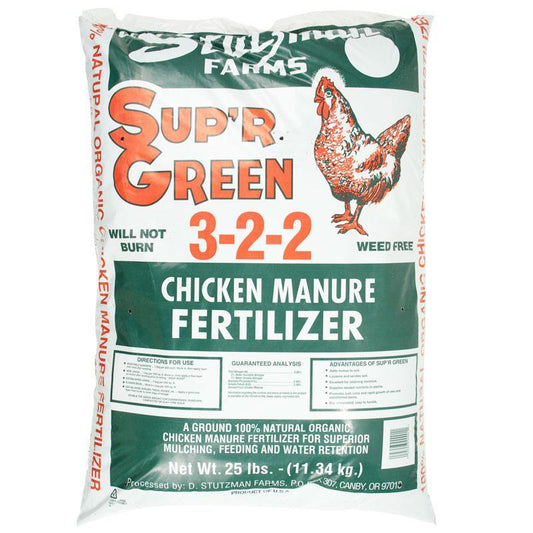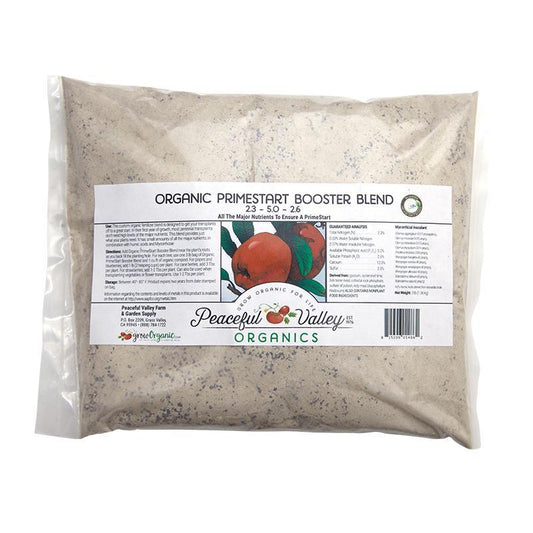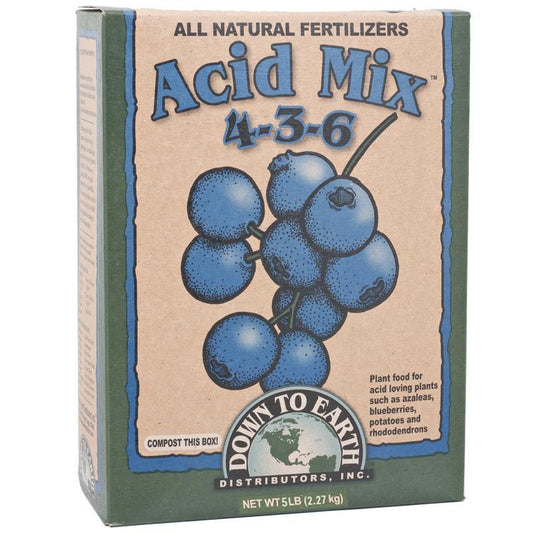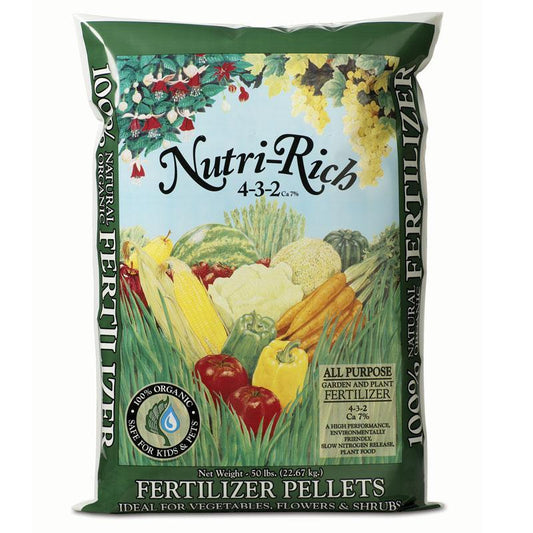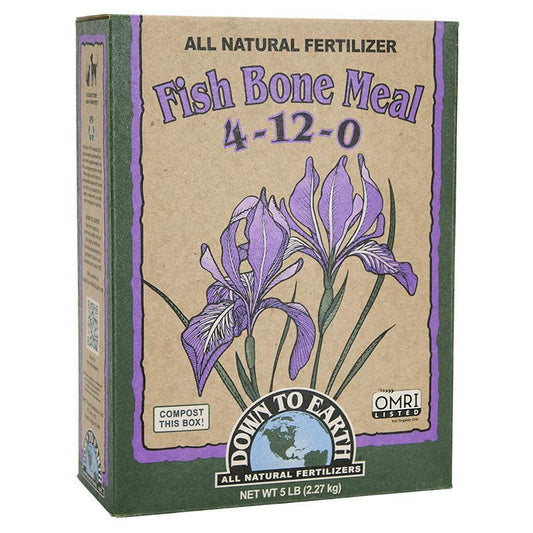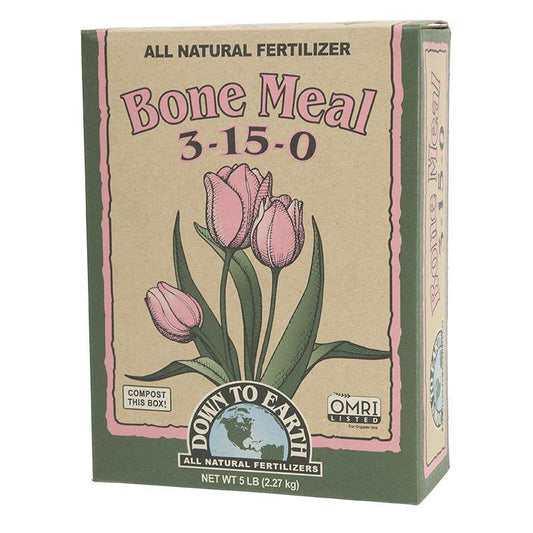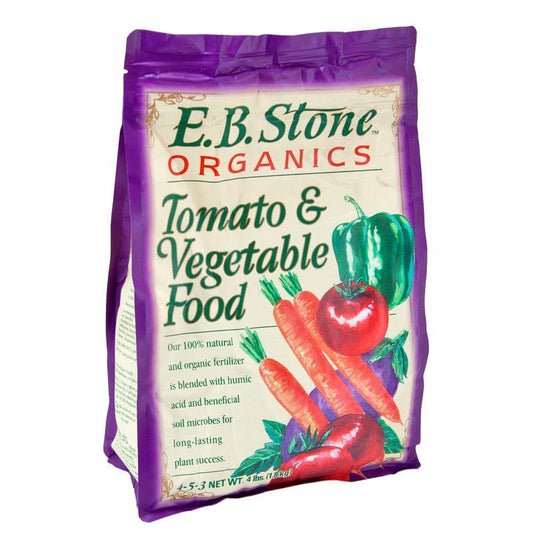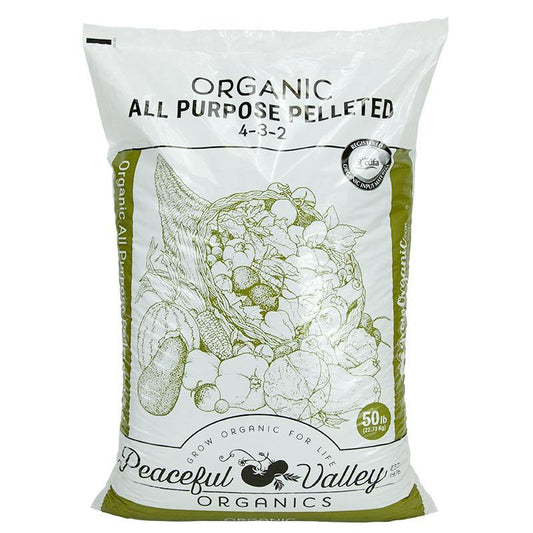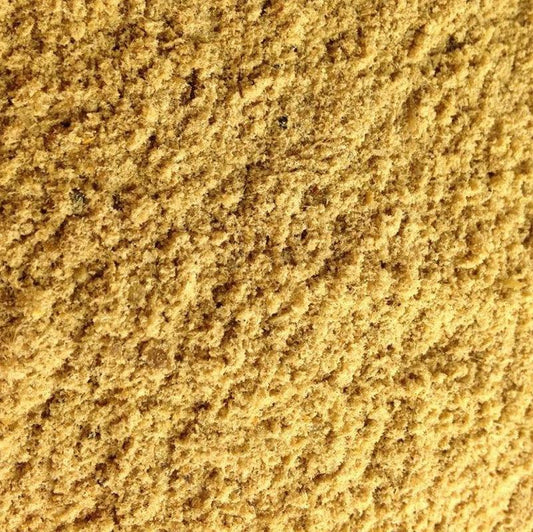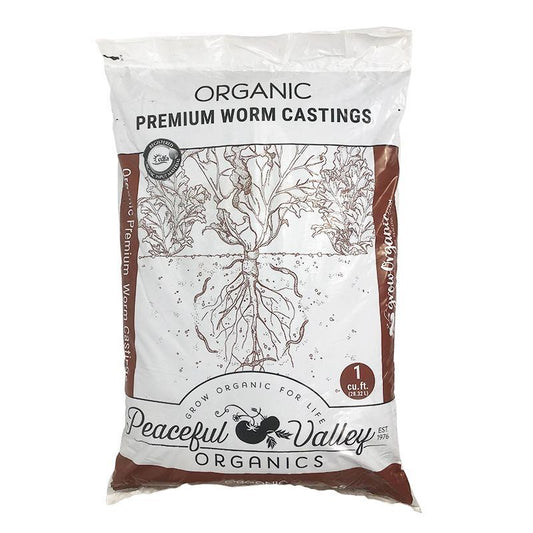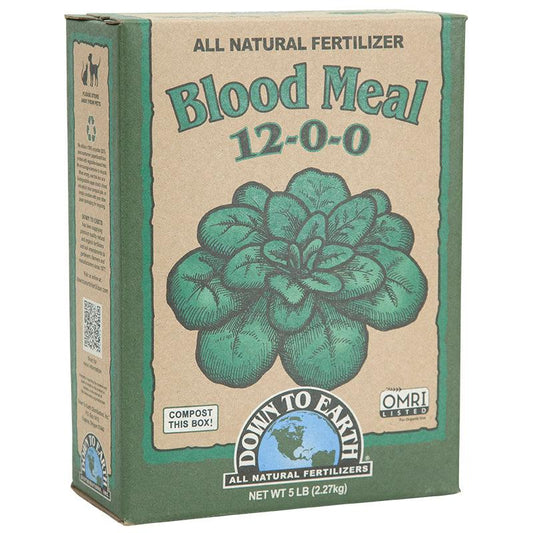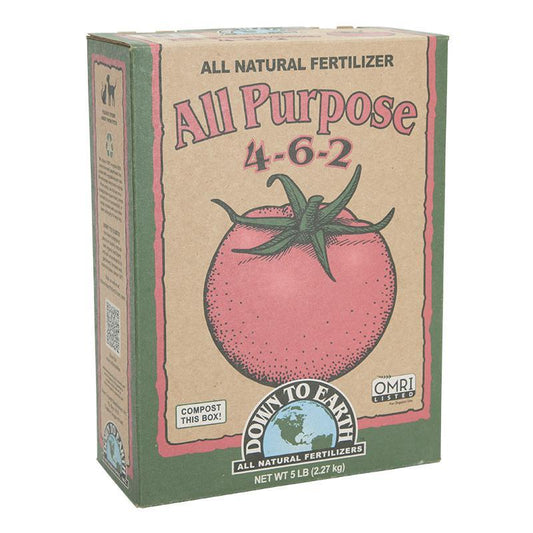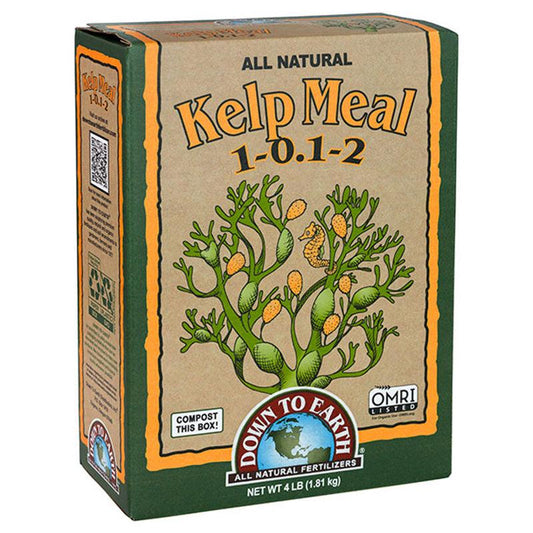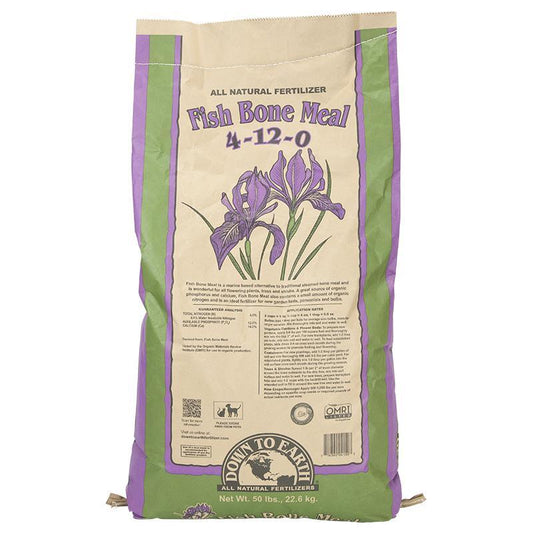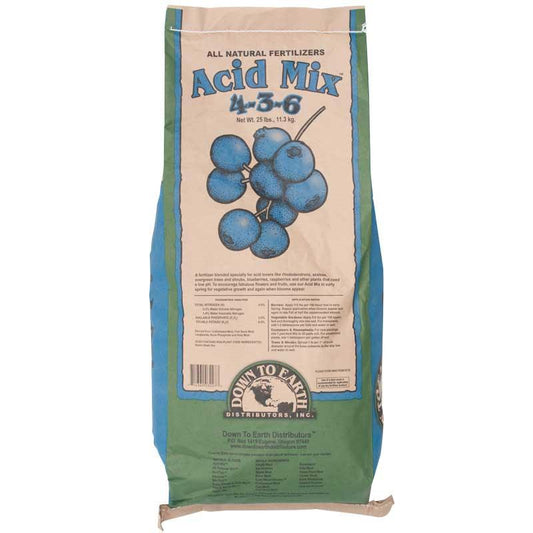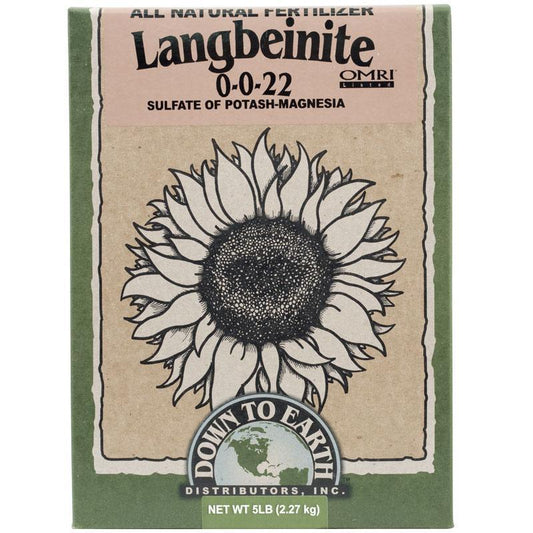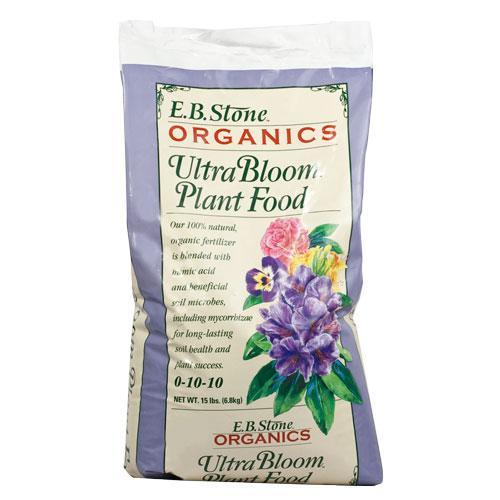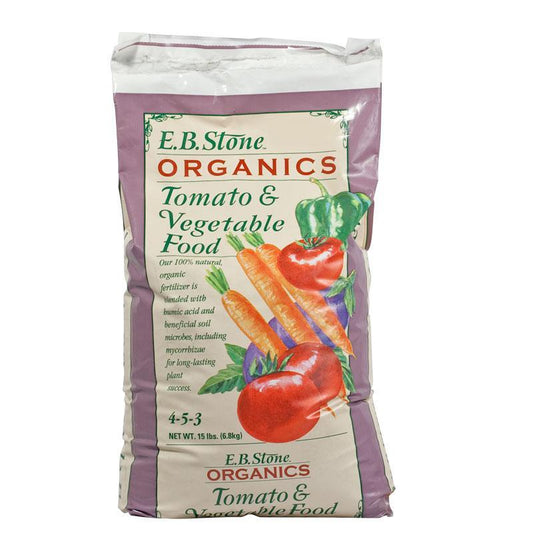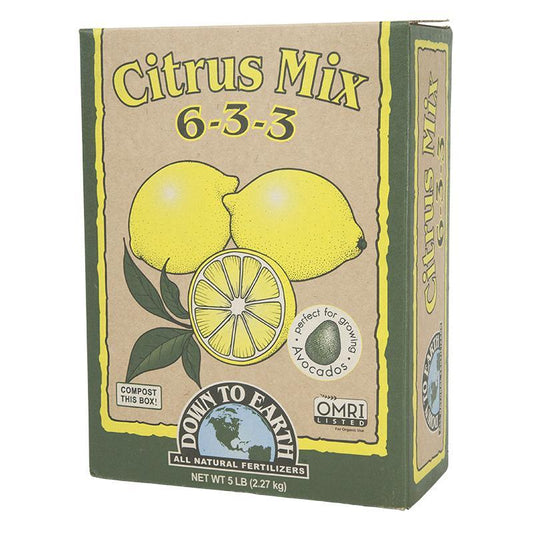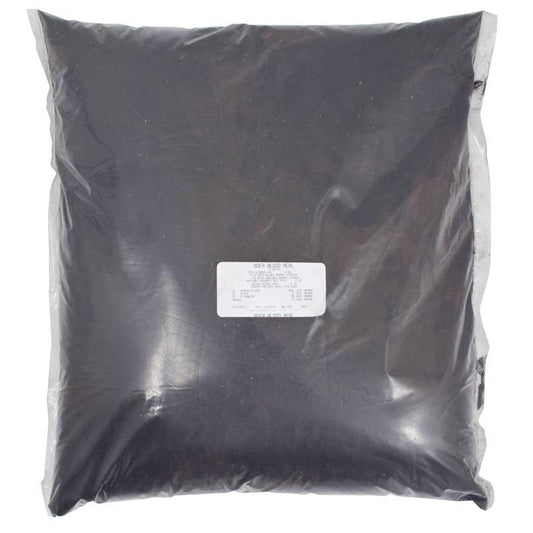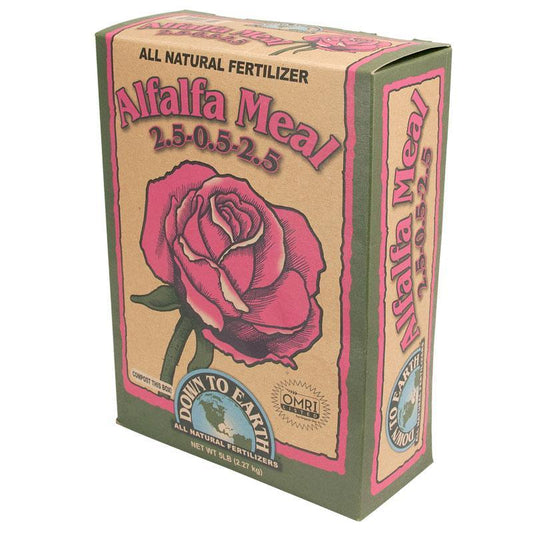Boost Your Garden’s Health with Premium Organic Fertilizers
Gardening success starts with healthy soil, and one of the best ways to build soil vitality is by using organic fertilizer rich in organic nutrients. Our selection includes everything from organic compost fertilizer to animal manures and fresh manure, all designed to nourish your garden naturally. Explore our diverse range of natural & organic fertilizer for sale to support robust plant growth, improve soil structure, and encourage microbial activity. With the right inputs, your plants will thrive, and your garden will flourish. Shop now and boost your soil health with our premium organic solutions.
Understanding the Value of Organic Fertilizers:
Organic fertilizers are derived from natural sources, such as plant matter, animal byproducts, and minerals. They offer a sustainable and environmentally friendly approach to nourishing your garden while enriching the soil with essential nutrients. Here are some compelling reasons to choose organic fertilizers for your garden:
-
Nutrient-Rich Soil: Organic fertilizers provide a wide range of macro and micronutrients that are essential for plant growth. They enhance soil fertility and support the development of strong, healthy plants.
-
Slow-Release Nutrients: Unlike synthetic fertilizers, which can release nutrients rapidly, organic fertilizers release nutrients slowly and steadily. This gradual nutrient release minimizes the risk of nutrient leaching and helps maintain soil health over time.
-
Improved Soil Structure: Organic fertilizers improve soil structure by enhancing its ability to retain moisture and nutrients. This leads to better aeration, root penetration, and overall soil vitality.
-
Promotion of Beneficial Microorganisms: Organic fertilizers foster a thriving community of beneficial microorganisms in the soil. These microbes contribute to nutrient cycling, disease suppression, and improved plant resilience.
-
Reduced Environmental Impact: Organic fertilizers are less likely to contribute to water pollution or harm beneficial insects and wildlife compared to synthetic alternatives. They align with sustainable gardening practices.
Using Organic Fertilizers in Your Garden:
To make the most of organic fertilizers and promote a thriving garden, follow these best practices:
-
Soil Testing: Conduct a soil test to assess nutrient deficiencies and pH levels. This information will help you choose and apply the right organic fertilizers effectively.
-
Application Timing: Apply organic fertilizers at the appropriate times in your plant's growth cycle. For example, use a balanced fertilizer at planting and a high-phosphorus fertilizer during flowering and fruiting.
-
Proper Application: Follow recommended application rates and guidelines provided on the product labels. Avoid over-fertilizing, as excessive nutrients can harm plants and the environment.
-
Incorporate Organic Matter: Combine organic fertilizers with organic matter, such as compost or mulch, to improve soil structure and nutrient retention.
-
Regular Feeding: Implement a regular feeding schedule to provide your plants with a steady supply of nutrients throughout the growing season.
-
Water Management: Maintain appropriate watering practices to prevent nutrient leaching. Use mulch to conserve soil moisture and reduce water needs.
Organic fertilizers are essential tools for cultivating thriving gardens that are both productive and environmentally responsible. By choosing natural and organic fertilizers from GrowOrganic and following best practices for their application, you can enhance soil health, promote robust plant growth, and enjoy the bountiful rewards of your well-nurtured garden.
Organic fertilizer for farms
At the heart of all organic farming is the art and science of fertilizing organically. The choice of what and when to apply a fertilizer will depend on your soil analysis and the stage of plant growth you are targeting.
Peaceful Valley has a wide variety of organic fertilizers for plant growth in your vegetable garden, orchard or farm. Organic liquid all-purpose fertilizers or specialty products with liquid fish and liquid kelp. Pelleted organic fertilizers and organic manure products.
We stock everything from small sizes for your seed starting and organic gardens, to bulk drums, totes and pallets for commercial organic farms. Quantity discounts are available for large sizes.
Fertilizer 101
A successful fertilizing program addresses the soil's long-term needs by adjusting deficient nutrients with organic fertilizers and soil amendments. We offer the largest selection of organic fertilizers in the U.S. Use your soil test and/or the general guidelines given ahead to determine which fertilizers will be of most value to you. An equally important aspect of soil building is adding a "green manure" cover crop to your crop rotation in order to build organic matter, nitrogen and biological life in your soil.
-
Nitrogen is what plants need for vigorous vegetative growth. If your crop needs additional Nitrogen see Bloodmeal, Cottonseed Meal, PVFS Liquid Fish, Fish Meal, Pelleted Fertilizers, Feather Meal, and others.
-
Phosphorus is what plants need to flower, fruit, and for root development. To supply Phosphorus, Soft Rock Phosphate is the best value. Bone Meal can also be used.
-
Potassium is what plants need for vigor. To supply Potassium use Sulfate of Potash or Greensand.
-
Calcium builds sturdy cell walls in plants. Many soils need Calcium fertilization. In low pH soils, use Oystershell Lime or Mined Limestone which corrects not only calcium imbalances but also pH. In neutral or high pH soils, Gypsum is the material of choice, it also provides sulfur. Calcium builds sturdy cell walls in plants.
-
Trace minerals are essential to plants. Almost every field we test is low in Trace Minerals. We get excellent response from soil applications of Compost, Kelp Meal or multiple trace minerals (Azomite or Nutra Min). In extreme cases specific trace mineral supplements may be needed.
Why Buy Natural and Organic Fertilizers from Us?
When you buy organic fertilizer from us, you're choosing high-quality products made from natural ingredients that nourish your garden without the harmful effects of synthetic chemicals. Our offerings include organic compost fertilizer, animal manures, and fresh manure, all rich in organic nutrients that promote healthy soil and strong root development. Whether you're growing vegetables, fruits, or ornamentals, our wide selection of natural & organic fertilizer for sale ensures you'll find the ideal solution to support a thriving, eco-friendly garden.





